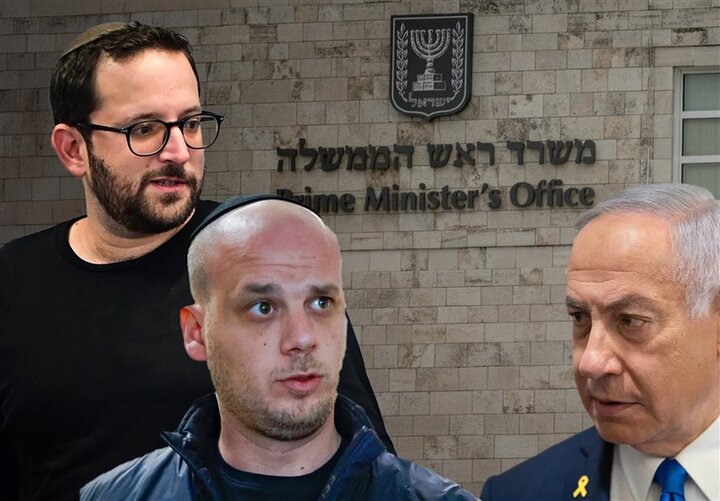Qatargate: Did Doha’s Money Buy Influence in Tel Aviv?
In recent weeks, the Israeli political atmosphere has been faced with a new wave of internal crises; this time, a crisis that has arisen not from the Palestinian resistance’s missiles, but from within the circle of Prime Minister Benjamin Netanyahu’s close associates. The so-called “Qatargate” case, which has been under investigation for months, has now reached its peak and revealed a complex network of financial connections, media collusion, and the influence of foreign actors. The case has not only called into question Netanyahu’s image but also raised serious questions about the role of regional mediators in the security equations in Gaza.
Qatargate: From Financial Scandal to Security Crisis
The Qatargate affair revolves around the accusations against two of Netanyahu’s senior advisers, Yonatan Orich (former Likud Party media director) and Eli Feldstein (the prime minister’s senior media advisor). The two are accused of receiving financial support from the Qatari government, promoting Doha’s interests in Israeli media, reinforcing the positive image of Qatar’s role in the recent Gaza mediation, and downplaying Egypt’s role as an impartial mediator. According to documents leaked by Israeli security agencies, the defendants received large sums of money through a complex network of American lobbyists and Zionist businessmen active in the Persian Gulf and using their media influence to publish articles sympathetic to Qatar’s positions in Hebrew-language media.
Of particular importance is the timing of these revelations; Netanyahu’s corruption trials are being held while the Israeli regime is still engaged in the Gaza war and complex negotiations to release its prisoners. The case, which was initially under a gag order, has reached the public eye thanks to pressure from judicial institutions and media outlets opposed to Netanyahu.
Legal-security details; From money laundering to contact with a foreign agent
The Israeli police and Shin Bet (internal security agency) have brought several charges against the defendants, citing the regime’s strict laws:
1. Contact with a foreign agent (Article 114 of the Penal Code): This article considers any direct or indirect contact with foreign entities hostile to or with interests contrary to Israel as a crime, even if no tangible damage is caused to internal security. The penalty for this crime is up to 15 years in prison and, in cases such as espionage, life imprisonment.
2. Money laundering (Anti-Money Laundering Law): Receiving money from foreign sources without reporting it to the competent authorities is considered a serious violation of this law.
3. Influencing government decisions: If it is proven that the payments are related to Tel Aviv’s change in positions towards Qatar, the case will be elevated to a security-political dimension.
The testimony of Gil Birger, a Zionist businessman active in the Persian Gulf, is one of the main pillars of this case. He has admitted to paying millions of dollars to Feldstein at the request of Jay Futlik (an American-Qatari lobbyist and former advisor to Bill Clinton). Although Feldstein’s lawyers confirm the receipt of the money, they claim that the funds were solely for strategic and communication services to the Prime Minister’s Office and have nothing to do with Qatar.
Netanyahu’s reaction, from denial to interference in security institutions
Netanyahu, who is not himself at the center of the accusations, has issued harsh statements accusing the police and Shin Bet of “holding his advisers hostage for political pressure.” In his recent testimony in court, he emphasized: “Although Qatar does not have official relations with Israel, it is not an enemy country.” This claim comes at a time when Tel Aviv has previously described Qatar as a financial sponsor of Hamas.

